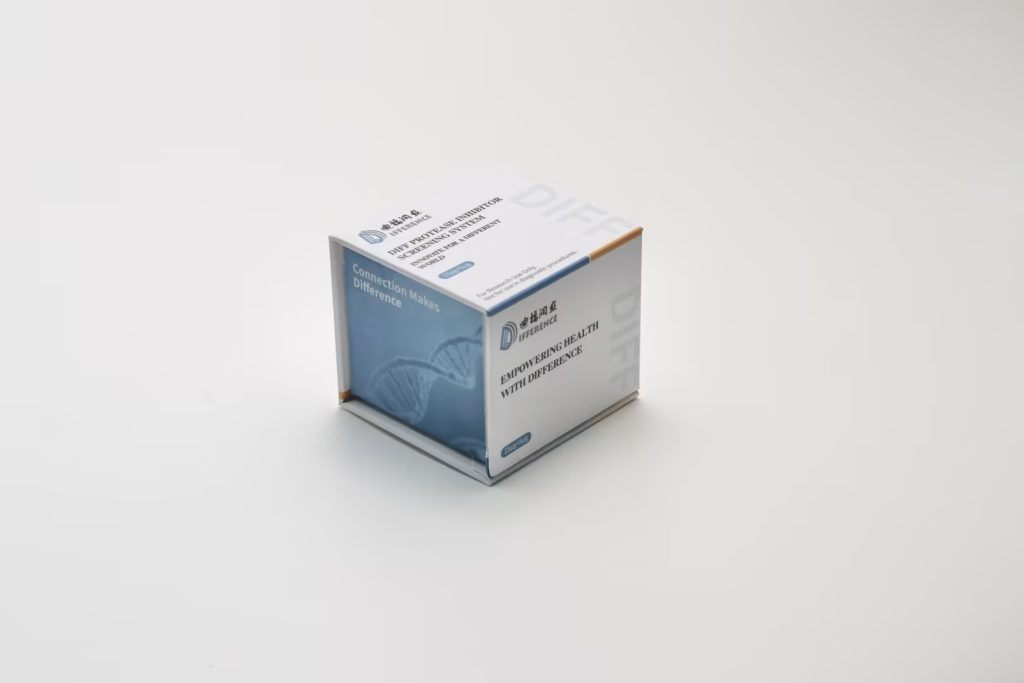Protease inhibitors are a class of compounds with special functions that regulate protein metabolism in organisms by inhibiting the activity of proteases. Proteases are a type of enzyme that can catalyze protein hydrolysis and are widely present in various tissues and organs of organisms, participating in various physiological and pathological processes. Therefore, protease inhibitors have broad application prospects in fields such as medicine, agriculture, and biotechnology.
In the field of medicine, protease inhibitors are widely used to treat various diseases. For example, in the treatment of AIDS, protease inhibitors can inhibit the protease activity necessary for virus replication, thus preventing virus proliferation. In addition, protease inhibitors can also be used to treat cancer, cardiovascular diseases, neurodegenerative diseases, and so on. They intervene in the pathogenesis of diseases by regulating the activity of specific proteases, providing new means for the treatment of diseases.
In the field of agriculture, protease inhibitors also play an important role. Protease inhibitors produced in plants can resist the invasion of pests and pathogens, protecting plants from damage. Therefore, introducing protease inhibitor genes into crops through genetic engineering can improve their insect and disease resistance, reduce the use of chemical pesticides, and protect the ecological environment. In addition, protease inhibitors can also be applied in the processing and storage of agricultural products to extend their shelf life and improve their quality.
In the field of biotechnology, the application of protease inhibitors is becoming increasingly widespread. For example, in protein engineering, protease inhibitors can be used to stabilize the structure and function of target proteins, preventing their degradation and inactivation during preparation and storage. In addition, protease inhibitors can also be used in protein purification processes to increase the purity and yield of target proteins by inhibiting the activity of non target proteases.
However, the application of protease inhibitors also faces some challenges and limitations. Firstly, there are significant differences in the specificity of different proteases, making the search for protease inhibitors with high specificity and selectivity a challenging task. Secondly, the stability and safety of protease inhibitors in vivo also require attention. Some protease inhibitors may have potential side effects and toxicity, requiring in-depth safety evaluations and clinical trials. In addition, the production and usage costs of protease inhibitors are also high, which limits their application in certain fields.
Scientists are constantly exploring new strategies for designing and optimizing protease inhibitors to address these challenges. For example, using structural biology and computer simulation techniques to predict the interaction mechanism between proteases and inhibitors, guiding the design and modification of inhibitors. Meanwhile, optimizing the production process of protease inhibitors through synthetic biology and metabolic engineering can reduce their production costs and increase their yield.
July 15, 2024
Protease inhibitors can be used to stabilize the structure and function of target proteins
Recent posts
We recommend


